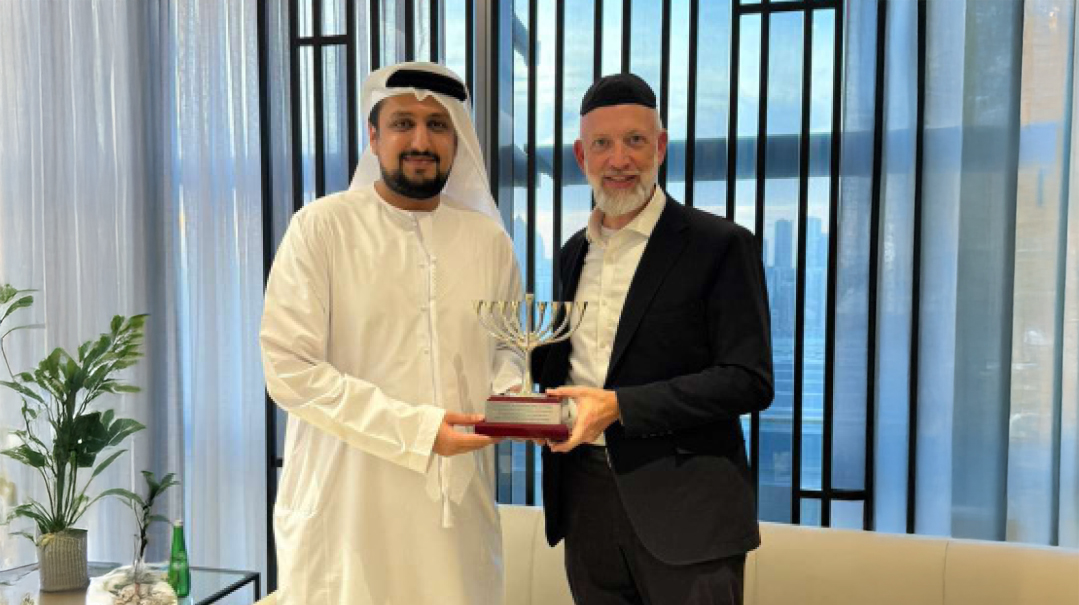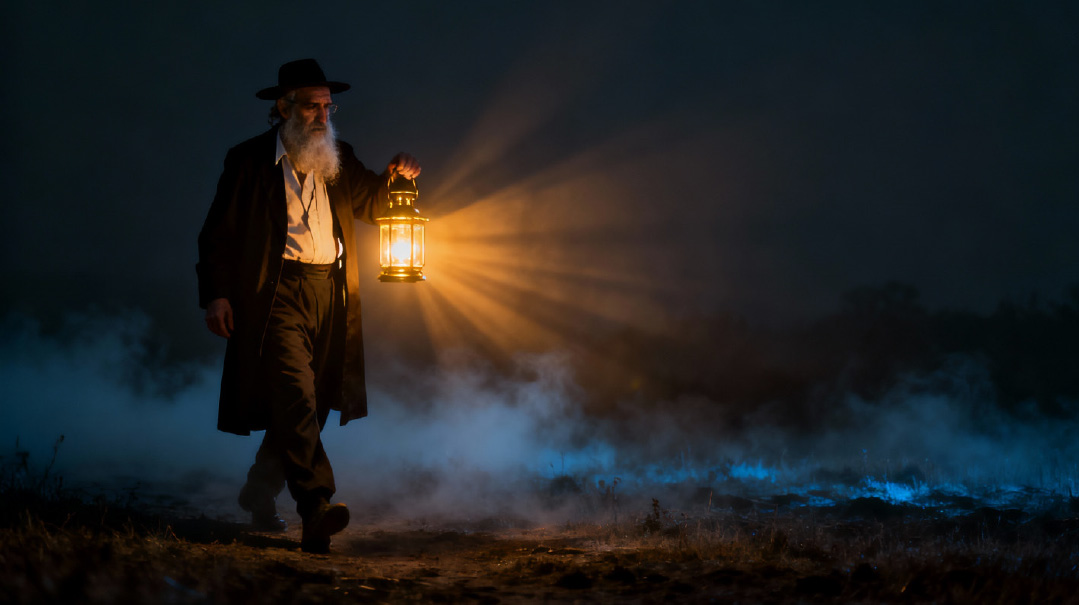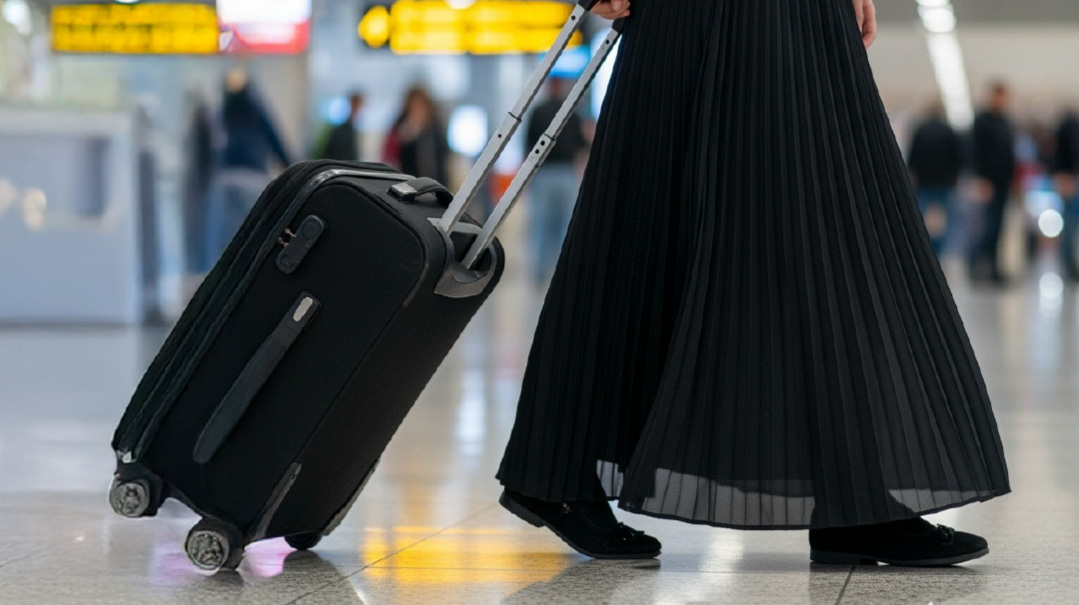Kiddush Club Is Not the Problem
| September 14, 2021Our community does not have a unique problem, but we are small enough that we can create unique solutions

“We need to leave the Kiddush club in place.”
Those weren’t the exact words I used, but it was the message I conveyed to the president of my shul, who wanted to shut down the Kiddush club. I was a placeholder — interim rabbi was my exact title — while the shul was searching for a new rabbi. I had a slim chance of getting the job and figured there was nothing to lose. Was I trying to curry votes? Hard to believe, as a vote would be lost for every vote gained. Maybe I was just an inexperienced 27-year-old who was out of his depth.
Shuls have been fighting over Kiddush clubs for as long as they have existed, and our shul was no exception. In 2005, the Orthodox Union called on its more than 1,000 member congregations to eliminate Kiddush clubs as a way of combatting the growing issue of substance abuse in Orthodox Jewish communities. Some shuls complied, others did not. Amudim, an organization that is on the front lines of fighting all forms of abuse in the Orthodox Jewish community, made the same point recently in a dramatic video depicting the horrible impact of Kiddush clubs on children.
Substance abuse is a real and growing issue, not only in Orthodox Jewish communities, but across the country. We do ourselves a disservice when we say that Kiddush clubs are the problem, as it obscures the fact that substance abuse is part of a national trend and prevents us from learning from national findings and recommendations. Additionally, the excessive drinking in frum society is not limited to men taking a break during shul, as it does not only take place in shul, nor is it limited to men. I felt then and still feel today that taking a break during davening for a l’chayim is far from ideal, but shutting down the Kiddush club would be only an illusory victory against a problem that is in reality far more insidious.
Somehow, I did become the rabbi. Now the Kiddush club was my problem.
Our shul’s struggle is not unique. What is unique is our willingness to deal with it openly (to the point that our shul’s leadership approved of this article in the hopes that it would help spur a national conversation). We had discussion groups but struggled to find a middle ground. I delivered drashos on the topic of the shvil hazahav, the golden mean, and the Rambam’s insistence on balancing ascetism with gluttony, especially as it pertains to alcohol. I spoke about the need to drink responsibly, about being good role models to our children, about distinguishing between addiction and an occasional drink, and most importantly, how alcoholism and other addictions are often symptomatic of deeper struggles that need to be addressed.
And still, the question I fielded most frequently was, “So… are you for or against the Kiddush club, Rabbi?”
Sometimes I wonder why I even bother.
“Shut the drinking down,” a colleague encouraged me. “A shul is not the place for drinking.”
I agree, shul is not the place for drinking. But what is a shul? Of course, a shul is a place to daven, but there’s an opportunity in this communal space to teach and model what a healthy community should look like. Is a shul setting, where best practices can be developed and enforced, not better suited for healthy drinking than the house next door, where the drinking knows no bounds?
One of the shuls I went to as a teenager had a drinking problem. The men stumbled over one another, freely pouring shots from hundred-dollar bottles. Were they the ones my teenage friends and I were trying to emulate as we drank? Or did it have something to do with the many insecurities we were dealing with as teenagers? Were all of us 16-year-olds running away from something, or were we just swept up in a community culture in which an aged bottle of scotch was the ultimate status symbol?
That was in 2000. Today, alcohol as a marker of material success is ubiquitous. Breakfronts adorned with scotch collections. Wine racks over the kitchen island. Maybe our relationship with alcohol is more an issue of materialism. As noted in a number of articles in this publication, our communities have experienced an increased focus on gashmiyus. Maybe a good collection of alcohol is just a cheaper version of driving a Tesla?
Perhaps, but I suspect there’s more to it. Rabbi Joey Rosenfeld, an addictions therapist and popular maggid shiur, describes addiction as “an attempt to numb the anguish of losing hope, to quiet that voice that drives the discomfort by telling you how things should be different, that you’ll never find your place, instead of being totally okay with who you are and where Hashem put you.”
Perhaps it’s the other way around then; maybe our pursuit of the material is just another way of silencing that disquieting inner voice.
"It all started with stealing a bottle of alcohol from my parents.”
This addict’s story had a happy ending. Most do not. But they all start the same way.
Why didn’t I become addicted? This question haunts me.
As I shovel the dirt at the funeral of a young man who overdosed, I can’t stop thinking how those wide-eyed orphans could have been mine. There was no hard work, not even a conscious decision on my part. I got on a plane to Israel, and my high school bingeing was over. Addiction is more prevalent in the Jewish community, and third-generation survivors carry no shortage of residual trauma. I wonder how my high school friends are doing. Have any of them gone into rehab? Is my friend popping pills in between clients like he used to smoke up before class? Does his wife know? How could she not?
I wipe the sweat and tears off my face. Somehow, I got lucky.
"He felt so sick after eating those brownies!”
This is not a flashback. This is 2021 and “he” is a respected member of our community who got ill after eating some marijuana-infused brownies at the Shabbos seudah.
How are we still discussing banning alcohol when edibles are getting hechshers? A communal event without alcohol is unheard of. Rabbis ply congregants with alcohol, high school rebbeim knowingly look the other way (at best) as their students drink and vape. Can we afford not to counter these confusing messages in our communal spaces?
"What are your thoughts on a national campaign for moderation? Instead of encouraging abstinence, we encourage people to limit themselves to two drinks.”
My colleagues smile weakly. I think I see an eye-roll turn into a cough.
“If you couldn’t get a group of your members to reach a consensus ten years ago, how do you expect to have such a nuanced campaign in this divisive climate?”
He’s right. We wrap up, I wave at the screen, and end the Zoom meeting. I let out a deep sigh.
“Are you okay?”
It’s my wife from the other room. “I’m fine.”
“Are you sure?” It’s been a long year with Covid and all.
“Thanks for checking. I am really okay, just disappointed.”
Addictions are not going anywhere, recent data suggests they are getting worse, and our community still struggles to have a balanced conversation on the topic. Our community does not have a unique problem, but we are small enough that we can create unique solutions. It’s disheartening when we do not take advantage of our communal structure to do so.
Friday night, between courses, I leave the table to retrieve a bottle of scotch. We do not keep it on the table, nor is it on display. I reach for the top shelf of a closet and take down a bottle.
My ten-year-old son, who is watching me pour a l’chayim, asks to try some. I let him take a whiff of my glass, he makes a face, and we have a short conversation about peer pressure. As the Shabbos table conversation shifts back to the children’s first week back at school, I silently pray that this one-man campaign for moderation makes a difference.
Rabbi Yisrael Motzen is the rav of Ner Tamid of Baltimore, Maryland.
(Originally featured in Mishpacha, Issue 878)
Oops! We could not locate your form.













